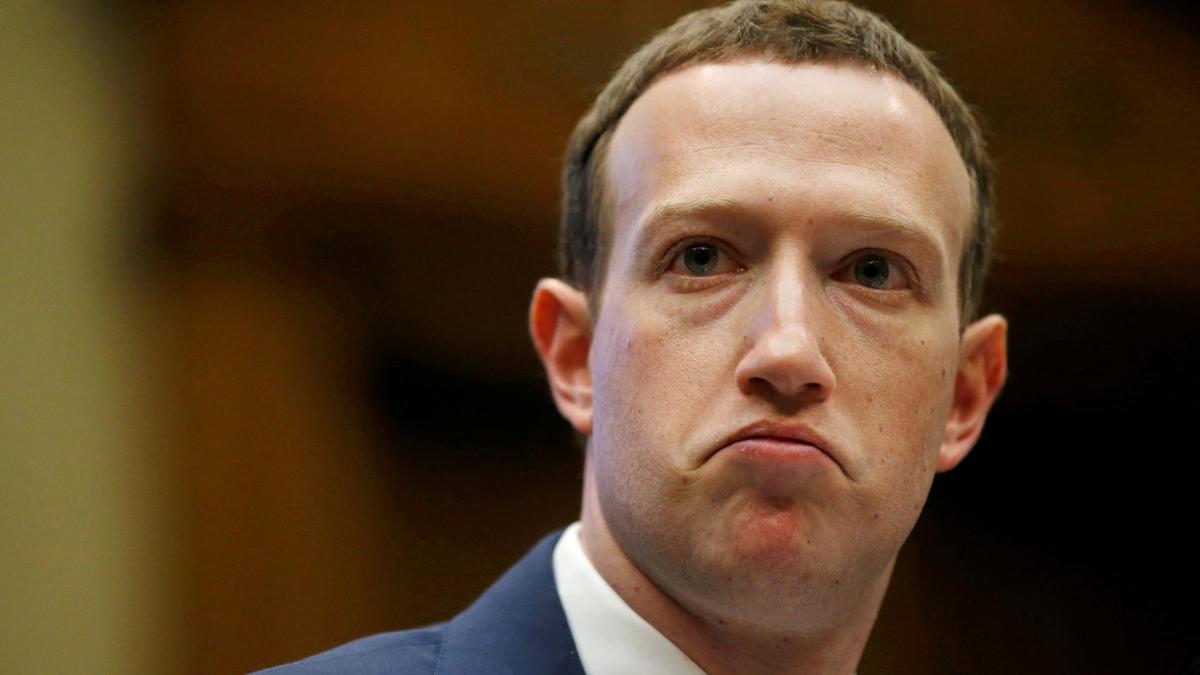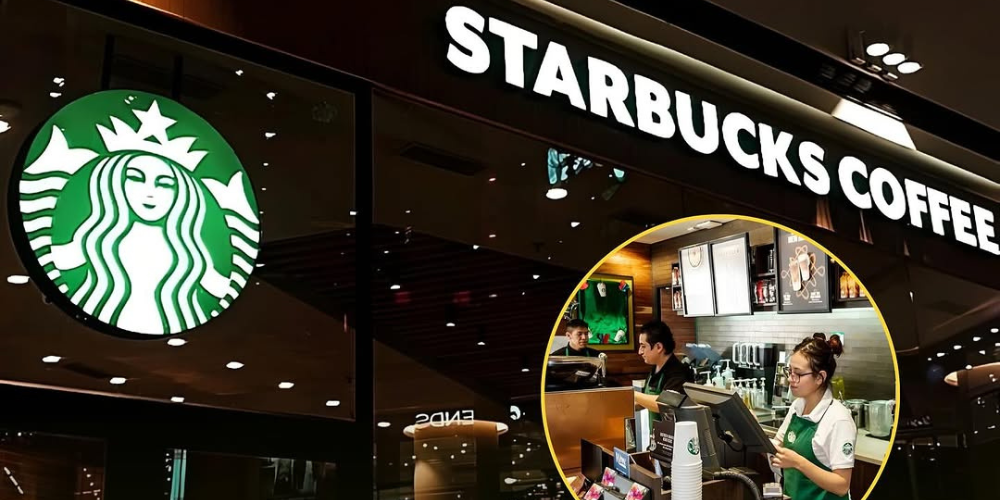The U.S. economy is humming right now. Small businesses are booming, and unemployment is at an all-time low. It feels like we're cruising down a sunny highway. But there's a nagging worry – talk of a government shutdown. It's like that engine warning light flickering on the dashboard. We got a temporary reprieve with the deadlines pushed back, a chance to breathe easy. But the threat of a shutdown hangs over us like a storm cloud.
If Congress can't reach an agreement on spending, we could swerve off the road into economic trouble. It would hit everyone and on every main street across the country. Remember those "This is your brain on drugs" commercials from back in the day? A government shutdown would be like that frying pan for the economy – the longer it drags on, the worse the damage. Even credit rating agencies like Moody's are warning of trouble, saying a shutdown could hurt our credit score and make borrowing more expensive for everyone.

Freepik | Rising costs of small business loans pose challenges for growth and success.
A Government Shutdown's Ripple Effects
Higher Costs for Small Business Loans
The U.S. prides itself on a sterling AAA credit rating, but a shutdown could tarnish that, leading to a rise in interest rates. This uptick means loans for small businesses will cost more, making it tougher for these enterprises to grow and succeed. Even loans backed by the Small Business Administration (SBA), known for being more affordable, won't be immune to these changes.
A Strain on Credit Availability
The tales of Argentina and Greece serve as cautionary tales of what happens when a country defaults on its debt. The U.S. could face a similar fate, with credit becoming a scarce resource. Banks might tighten their belts, favoring established businesses over the small, stifling innovation and growth in the process.

Freepik | jcomp | Higher rates spell trouble for small business owners relying on credit cards to manage expenses.
Escalating Credit Card Interest Fees
For small business owners who rely on their credit cards to juggle expenses, higher rates are bad news. It means less money to invest back into their businesses and a higher chance of spiraling into debt.
Stock Market Turbulence
According to Moody's, a shutdown could send stock prices tumbling by a third, wiping out $15 trillion in household wealth. This domino effect would hit small businesses hard, eroding consumer spending and making it tougher for these enterprises to find their footing in larger companies' supply chains.
Snarled Treasury Payments

Freepik | During a government shutdown, challenges arise with delayed treasury payments impacting financial stability.
The Treasury Department, in its effort to keep up with obligations like Social Security payments, would hit a wall if the U.S. defaults. Over 40% of expected payments would be on the chopping block, a scenario that would have dire consequences for small businesses. With consumers tightening their belts, these businesses would see a dip in customers while owners and employees scramble to cover their expenses.
In essence, a government shutdown is not a political squabble; it's a potential pitfall for the U.S. economy, especially for the backbone of the country—small businesses. The message is clear: to keep the economic engine running smoothly, avoiding a shutdown is paramount. Otherwise, we're all in for a rough ride.








